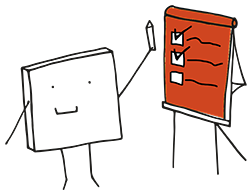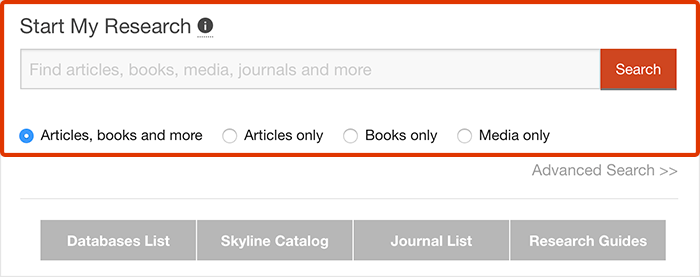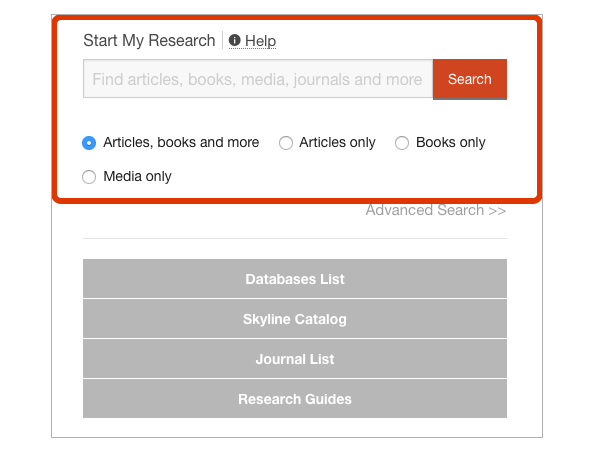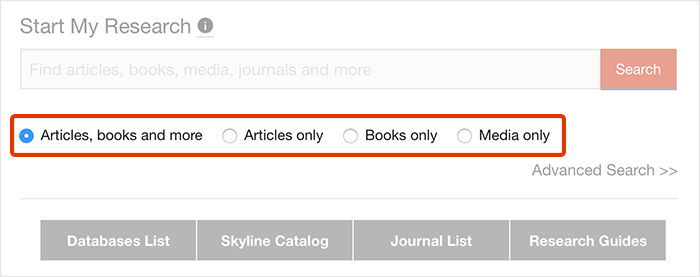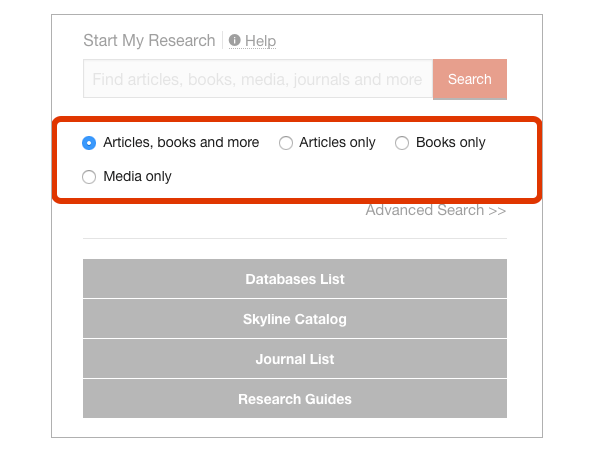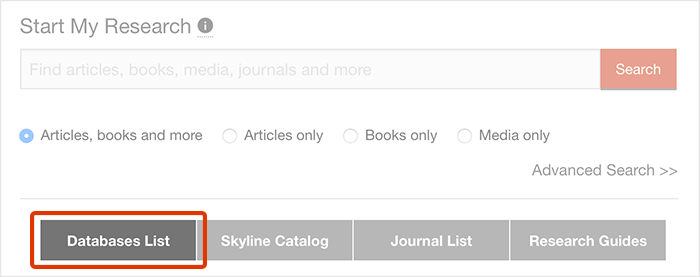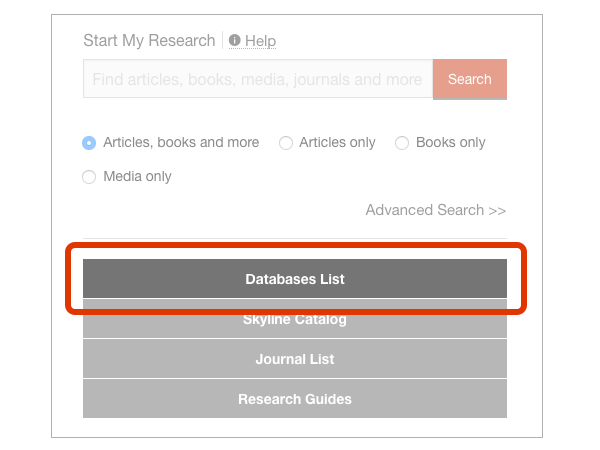Researcher Support Services
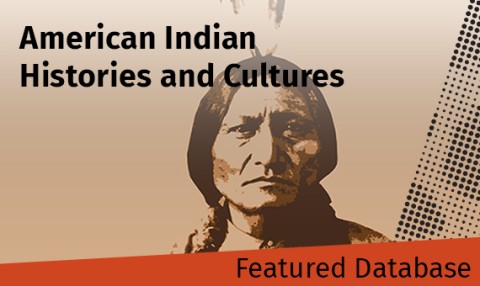
Featured Database: American Indian Histories and Cultures
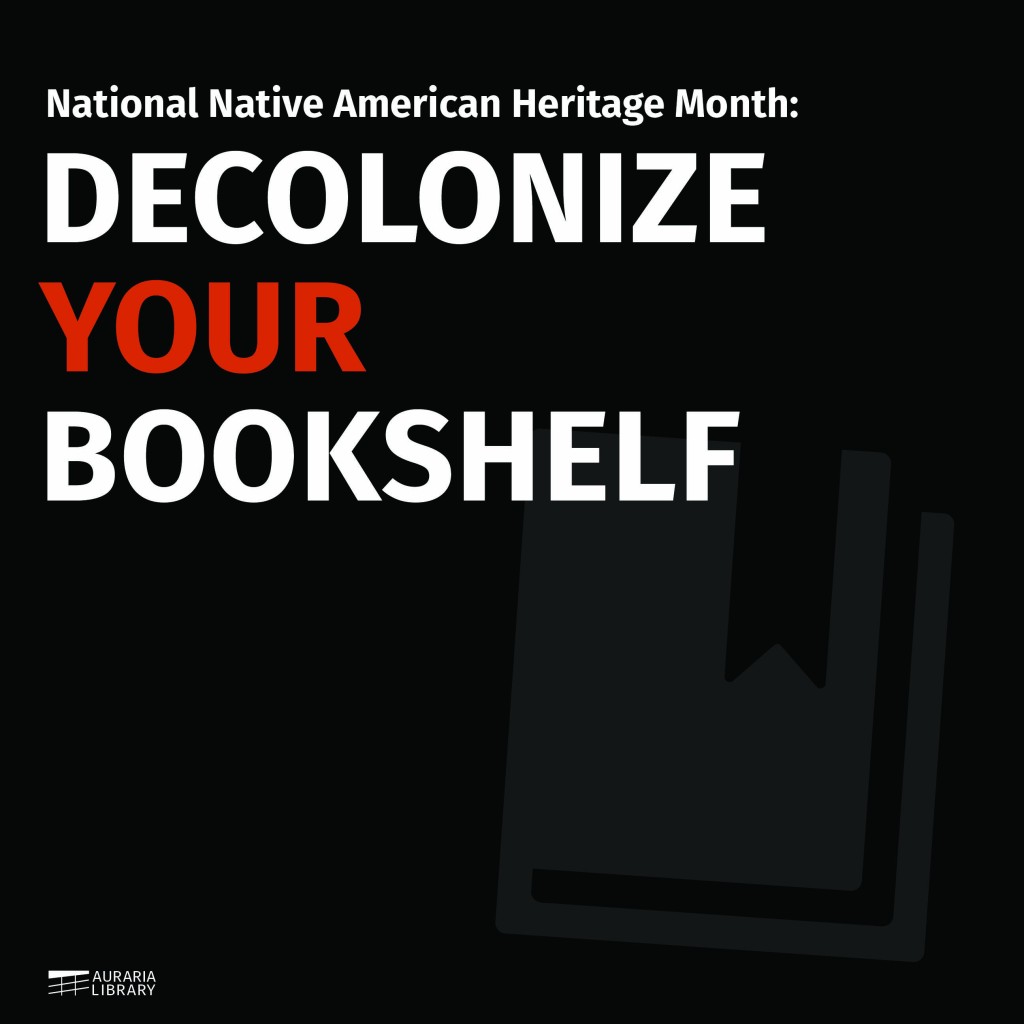
We're honoring National American Indian Heritage Month with "Decolonize Your Bookshelf" displays all across the library, celebrating indigenous authors and their work.
Not in the library? You can use databases to easily find organized collections of articles, journals, news, streaming videos, primary sources, data, and more!
Here’s one of our favorites:
What’s in it?
American Indian Histories and Cultures includes full-text materials related to American Indians from the time prior to North American colonization to the mid-twentieth century. Themes include: American Indians and the European Powers, American Indians and the US Government; Military Encounters: Conflicts, Rebellions and Alliances; Observation, Representation and Cultural Encounters; Indigenous Peoples of Mexico; First Nations of Canada; Missionaries and Education; Trade and Indian Economies; and the Civil Rights Movement. Primary source materials include maps, atlases, visual images, art, photographs, linguistic and ethnographic accounts, 20th century American Indian newspapers, and more.
Why should you use it?
The materials in this database provide an extensive overview of American Indian history in North America. It is also an excellent resource for primary source materials, which can be difficult to find in other collections.
Who should use it?
Students, staff, and faculty in history, sociology, political science, public administration, legal studies, anthropology, and related disciplines would find this database most helpful. However, anyone interested in the history, culture, and accounts of and about American Indians would find this database fascinating.
Why use a database?
When you use a specific database, rather than a search engine or discovery tool, you often can find more relevant sources. For example, subject databases include sources about that subject only, rather than a general search engine or discovery tool that includes information about everything. This way you don’t have to wade through thousands of irrelevant results!
Want more databases?
Browse or search our Databases List!
If you have questions about this database or others, please see our Ask Us page.


